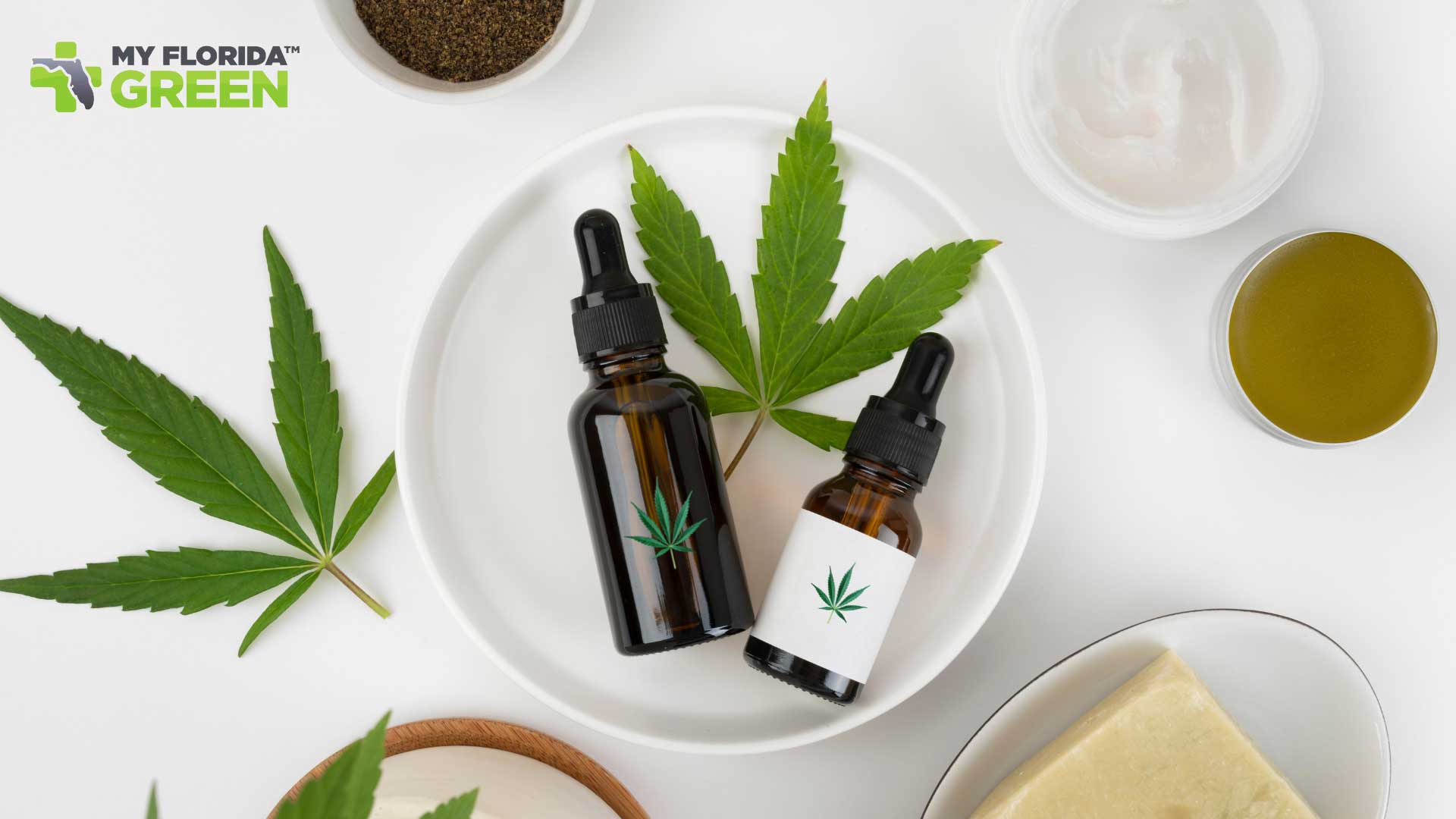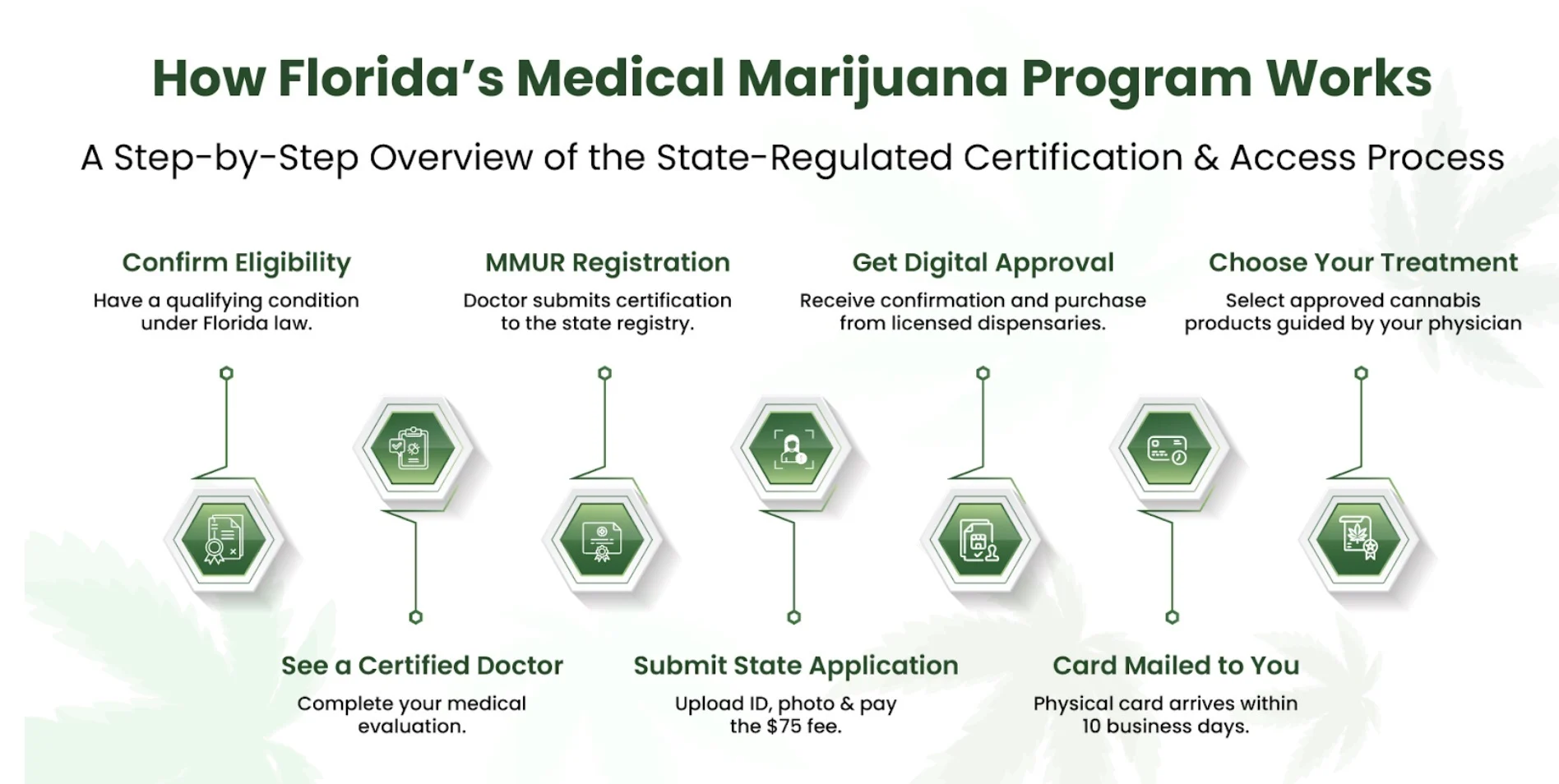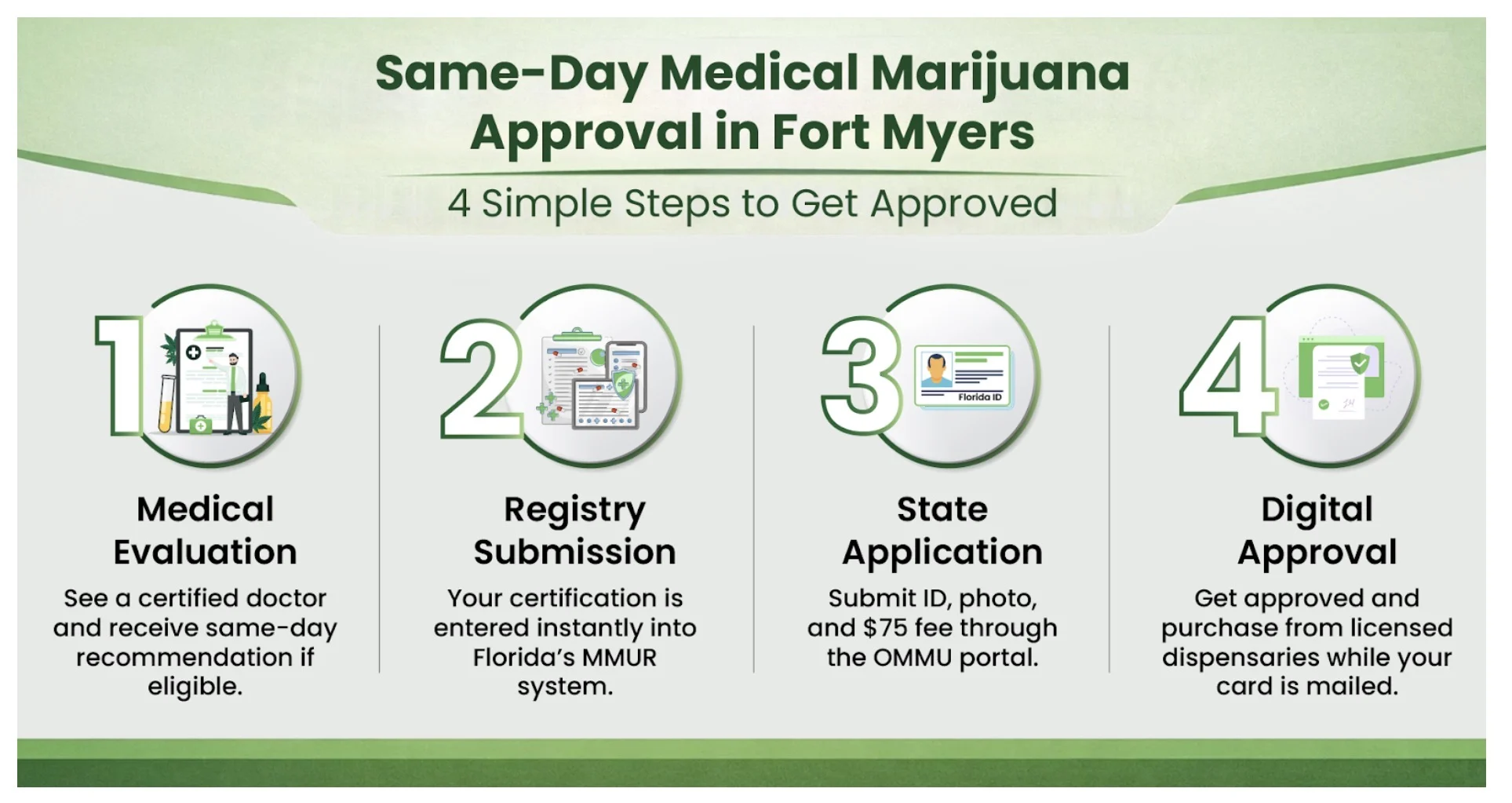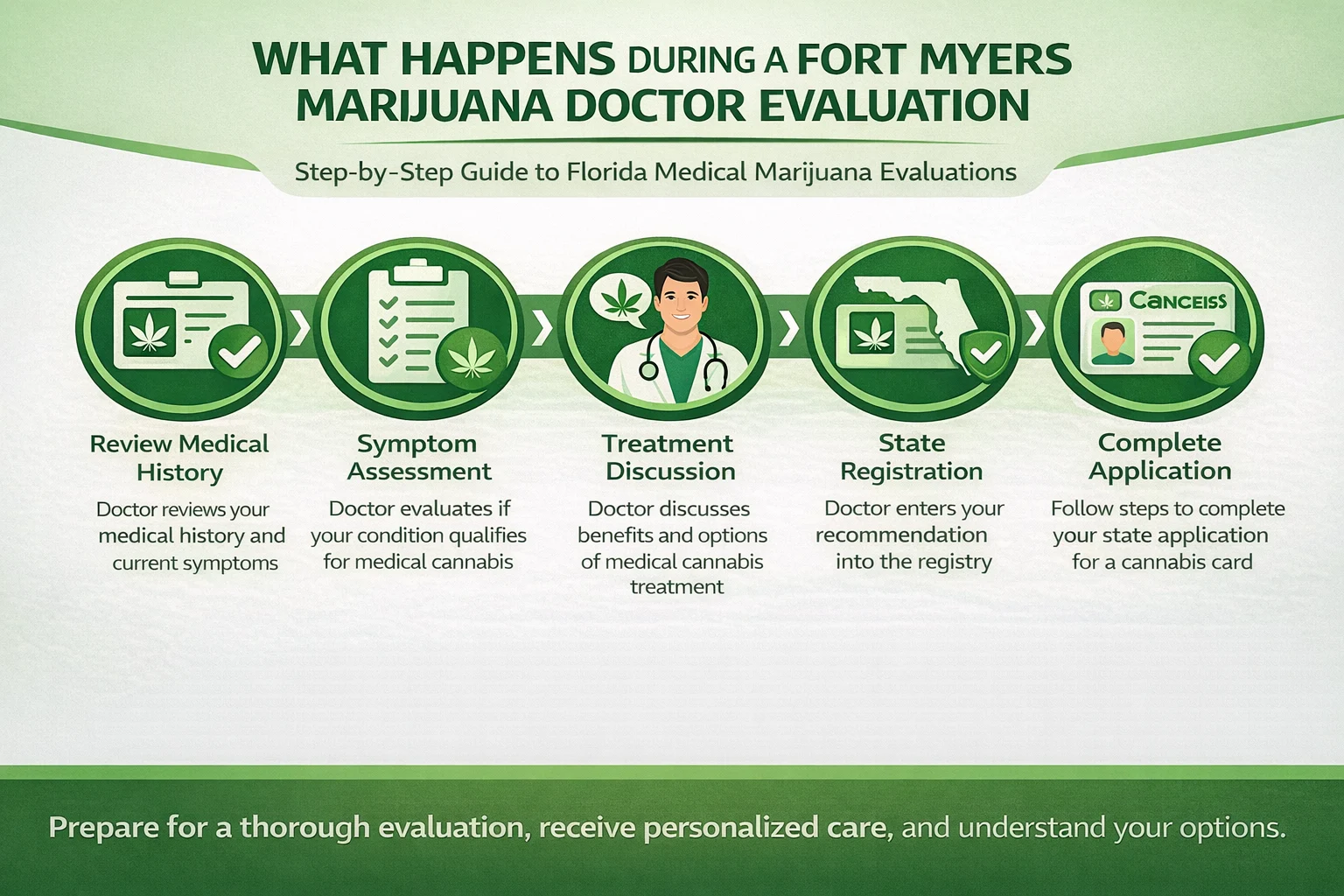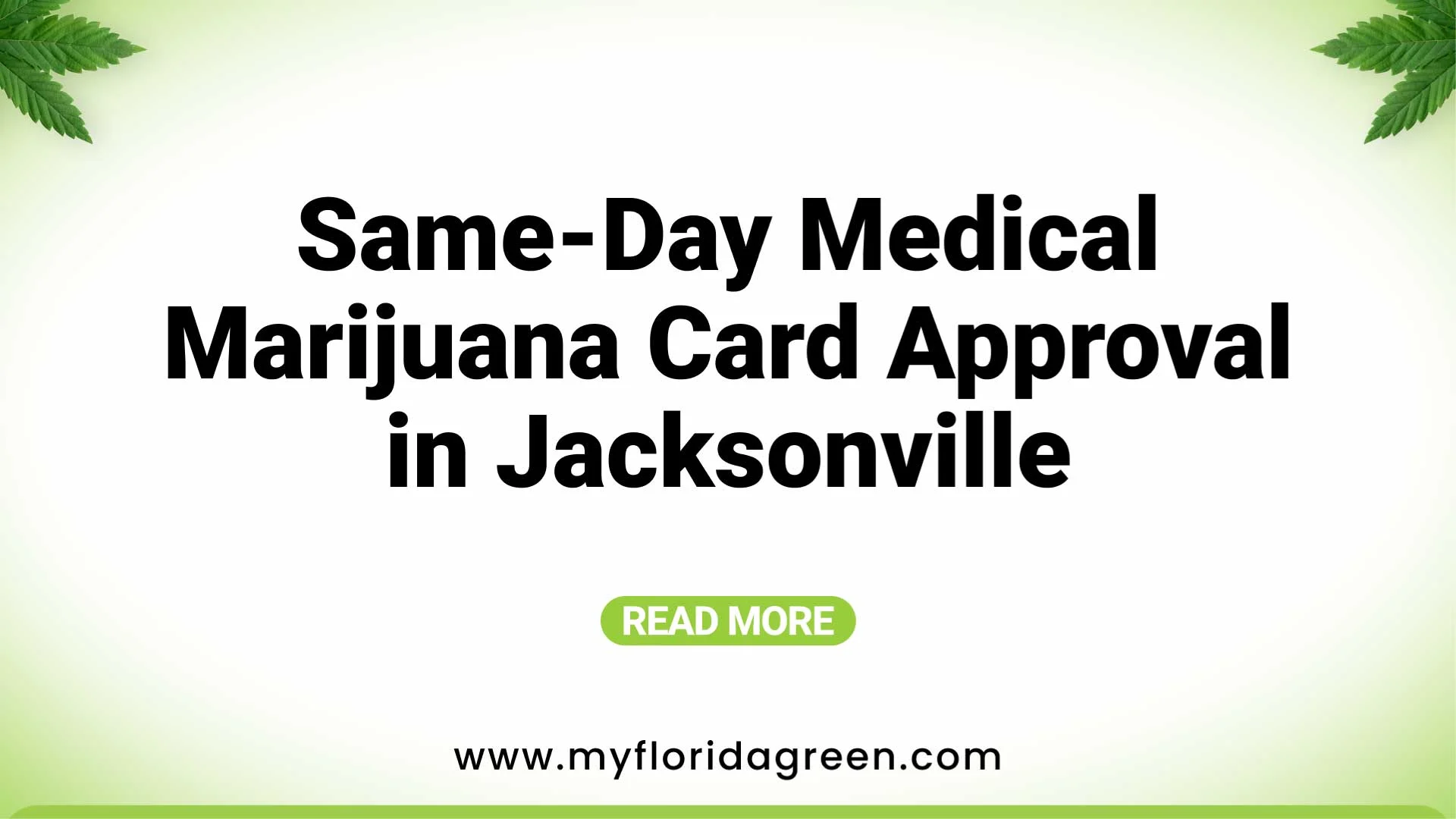Cannabis, once considered a controversial plant with limited legal and social acceptance, is now becoming popular as a medicinal drug in many US states. The changing trend arises from the advanced research on the medicinal benefits of MMJ. Moreover, the discovery of cannabinoids, the chemical compounds responsible for cannabis’s diverse effects, has opened doors to innovative culinary applications and potential health benefits. However, specific rules are intact to ensure the safe and cautious use of medical cannabis, including acquiring a medical marijuana card in certain states, including Florida.
This article will elucidate the potential of cannabinoids in food production. We will also explore their unique properties, potential uses, and the regulatory landscape surrounding their incorporation into food products.
Cannabinoids- An Overview
Cannabinoids are naturally occurring compounds in the Cannabis Sativa plant. Interestingly, the plant contains over 400 compounds, but only about 66 are called cannabinoids.
The most well-known among these is the delta-9-tetrahydrocannabinol, which is mainly considered psychoactive. Similarly, Cannabidiol (CBD) is another essential cannabinoid, which makes up about 40% of the plant resin extract. However, CBD is non-psychotropic and is medicinal in nature.
Various Types of Cannabinoids
Cannabinoids have further subclasses, such as
- Cannabigerols (CBG)
- Cannabichromenes (CBC)
- Cannabidiol (CBD)
- Tetrahydrocannabinol (THC)
- Cannabinol (CBN)
- Cannabinodiol (CBDL)
However, the properties and effects of these cannabinoids vary in nature.
Using Cannabinoids in Food Production
The use of cannabinoids in food production is an area of ongoing research in marijuana-legalized states such as Florida. Although there are various benefits of cannabinoids, their use in food products is a controversial topic.
Navigating the Regulatory Landscape
The 2018 Farm Bill legalized the cultivation of hemp, a type of cannabis plant with low THC constituents. This has paved the way for a surge in CBD-infused products, including food and beverages. However, the regulatory landscape for these products is still not clear.
THC in Food Products
THC, the primary psychoactive compound in cannabis, is generally more restricted in food products. In many jurisdictions, THC-infused edibles are legal only in specific forms, such as candies or baked goods, and often require strict labeling and packaging guidelines.
In Florida, products containing less than 0.3% THC can be used. However, the use of THC in food products is generally restricted and subject to specific regulations.
Medicinal benefits of cannabinoids
The use of cannabinoids is gaining traction mainly due to the healing nature and anti-inflammatory properties associated with medical marijuana compounds. They can help in the following ways:
1. Autoimmune diseases
Owing to modern research and clinical trials, it has been found that cannabinoids can help manage certain auto-immune illnesses such as AIDS, Multiple Sclerosis, etc.
2. Pain Management
Cannabinoids, mainly CBD, can be effective in the management of pain. It includes neuropathic pain, cancer-related pain, and pain due to inflammation.
3. Mental Health
Marijuana cannabinoids can help in managing mental health disorders including anxiety, depression, and PTSD etc. Nevertheless, you must speak with a medical marijuana doctor for the best method of marijuana ingestion that aligns with your health needs.
4. Nausea management
THC, among other cannabinoids, can potentially aid in managing nausea related to chemotherapy or other medical treatments.
5. Induced Appetite
Cannabinoids can help stimulate appetite in individuals with conditions like HIV/AIDS and cancer, who often experience significant weight loss.
Although medical marijuana research is in its early stages, there is a ray of hope for patients undergoing various medical treatments. However, only a doctor can decide the mode of marijuana ingestion and the proper dosage for patients.
If you are considering the use of marijuana cannabinoids, it is necessary to find a medical marijuana expert and use the drug or its constituents responsibly.
Can anyone use Medical Marijuana in Florida?
Medical marijuana use is limited to certain individuals with qualifying medical conditions in Florida. The state has a well-established MMJ program. Individuals who have one of these medical conditions can use medical cannabis products for health:
- Anxiety
- Depression
- Cancer
- Chemotherapy-induced nausea
- Back pain
- Hepatitis C
- Migraine headaches
- PTSD
- Insomnia and other sleep disorders
- Multiple Sclerosis
- Alzheimer’s disease
- Glaucoma
- Diabetes
- Epilepsy
- Sickle Cell Anemia
- Crohn’s disease
- Anorexia and eating disorders
- Muscular spasms
- Parkinson’s disease
- Irritable bowel syndrome
- Amyotrophic lateral sclerosis
- Lyme disease
If you have any symptoms of the mentioned health problems, it is important to speak with a doctor. Medical marijuana, however, cannot completely cure any illness and must not be considered an all-rounder drug.
Important considerations
Medical marijuana constituents such as THC and CBD have the potential to help address several health issues. However, there are specific considerations, such as:
- Medical marijuana remains illegal at the Federal level, and it is crucial to discuss its use with an MMJ expert in Florida.
- The use of marijuana cannabinoids in food production remains controversial. Moreover, the regulatory landscape for products containing THC, remains complex and subject to state-specific laws and FDA regulations.
- MMJ can interact with other pharmacological drugs if taken without a doctor’s discretion.
- Medical marijuana products must be accurately labeled with their cannabinoid content, serving size, and potential side effects.
- The effects of cannabinoids can vary widely among individuals. Thus, self-medication is not recommended, and you must begin with low doses and gradually increase as needed.
Conclusion
Medical cannabis use continues to increase with each passing day in Florida. As further research reveals the advantages of this natural drug alternative, more individuals see it as a viable option. However, the use of marijuana cannabinoids in food production requires more introspection. Moreover, the legal landscape surrounding cannabis-infused foods remains complex, and further clarification is necessary to ensure consumer safety and product quality. If you are willing to learn about MMJ, My Florida Green experts can assist you with their expertise. We can also educate you about MMJ laws and how you can acquire your medical marijuana card Naples for compliant use.



